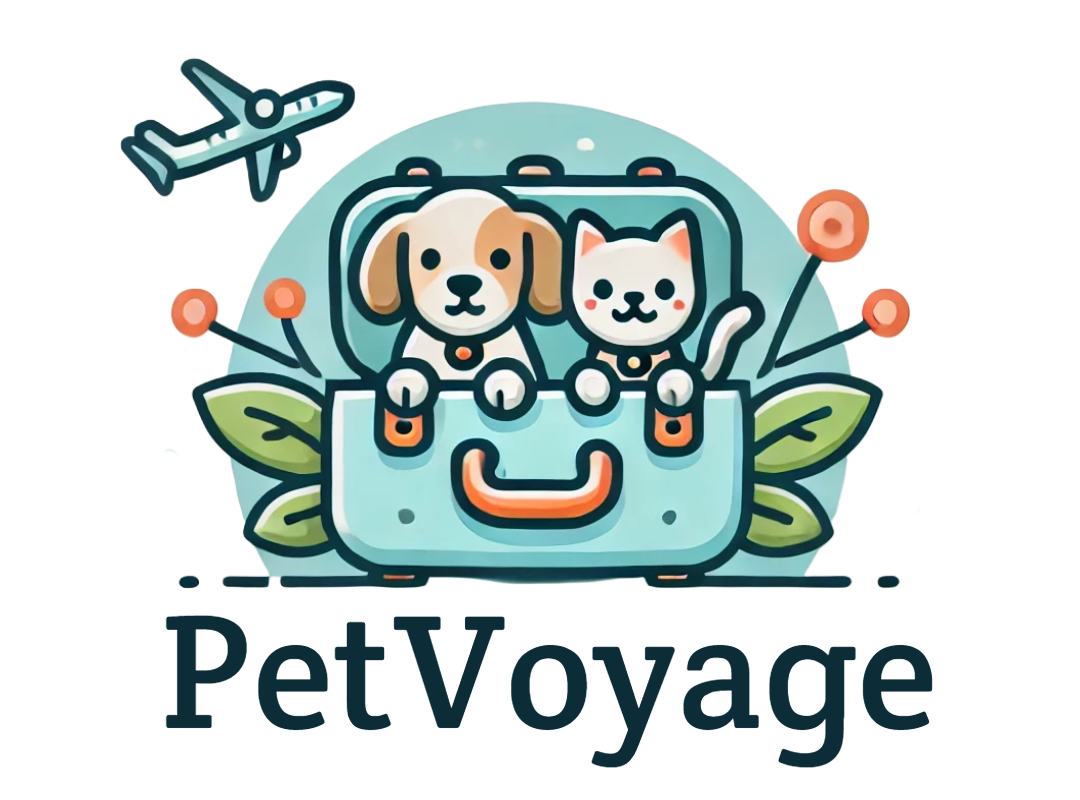Compare Pet Travel Policies Easily
Select airline, view summary, explore sections, shop travel supplies.

Frontier Airlines
Pet Policy Summary

Pet-Friendly Airport Taxi
Book a safe, pet-approved ride to or from the airport.
Health Requirements
Microchip: yes
Health Certificate: yes
Vaccinations: Rabies
Restrictions
Brachycephalic Breeds:
Dangerous Breeds:
Support Animals
Service Animals: Frontier Airlines accepts trained service animals under specific conditions for both domestic and international travel. For reservations booked more than 48 hours before travel, the completed Service Animal Air Transportation Form must be submitted no later than 48 hours prior to travel. For reservations booked less than 48 hours before travel, the form must be submitted in person at the airport. At the airport, Frontier staff will verify the passenger’s disability status and the animal’s trained service status. If the disability is not apparent, fact-finding questions may be asked about the animal’s training and tasks performed. Passengers should carry a copy of the Service Animal Air Transportation Form for presentation if requested. Onboard the aircraft: Frontier will not accept new pets for international travel except trained service animals meeting these requirements: Passengers are responsible for complying with all country-specific regulations for service animals on international itineraries.Service Animals (In-Cabin & Support)
International Travel Requirements
Emotional Support: Following changes to the U.S. Department of Transportation’s (DOT) rules, Frontier Airlines updated its policy as of February 1, 2021.Emotional Support Animals
Carrier Details
Compartment: Traveling with pets in the cabin on Frontier Airlines requires following specific guidelines for both your pet and its carrier.In-Cabin Carrier Details
Travel Container Requirements
Cargo:
Reviews
No reviews yet. Be the first to leave a review!
